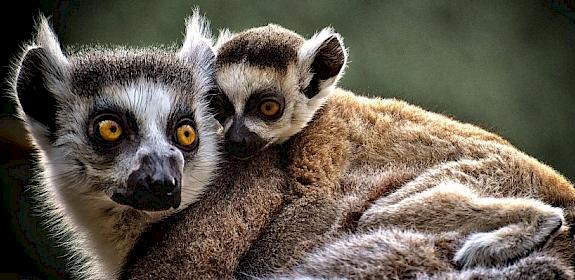
corruption: an issue at the heart of wildlife crime
Recent years have seen greater recognition of the far-reaching impacts of wildlife crime on governance, economic development, income generation and national security.
Tackling wildlife crime has been cemented into international development goals such as the 2030 Agenda for Sustainable Development and recognised by the United Nations in a strong new Resolution in 2017, and linked directly to corruption and illicit financial flows. Throughout illegal wildlife trade supply chains, corruption is repeatedly an enabling factor that fans the flames of wildlife crime.

Corruption is one of the greatest challenges facing wildlife conservation today, facilitating poaching and illegal trade across continents
Nick Ahlers, Africa Programme Director
Tackling corruption related to wildlife crime is an international priority—but corruption in wildlife crime is a complex problem and is still relatively poorly understood. This briefing gives a short introduction to the subject and outlines some of the promising strategies WWF and partners U4 Anti-corruption Resource Centre, and TRAFFIC are exploring.

The joint TRAFFIC and WWF Wildlife Crime Initiative provided a practical framework for understanding corruption and why it is a problem for wildlife conservation, and for initiating processes that can reduce wildlife-related corruption.
Explore an overview in the Corruption in Wildlife Conservation primer.




